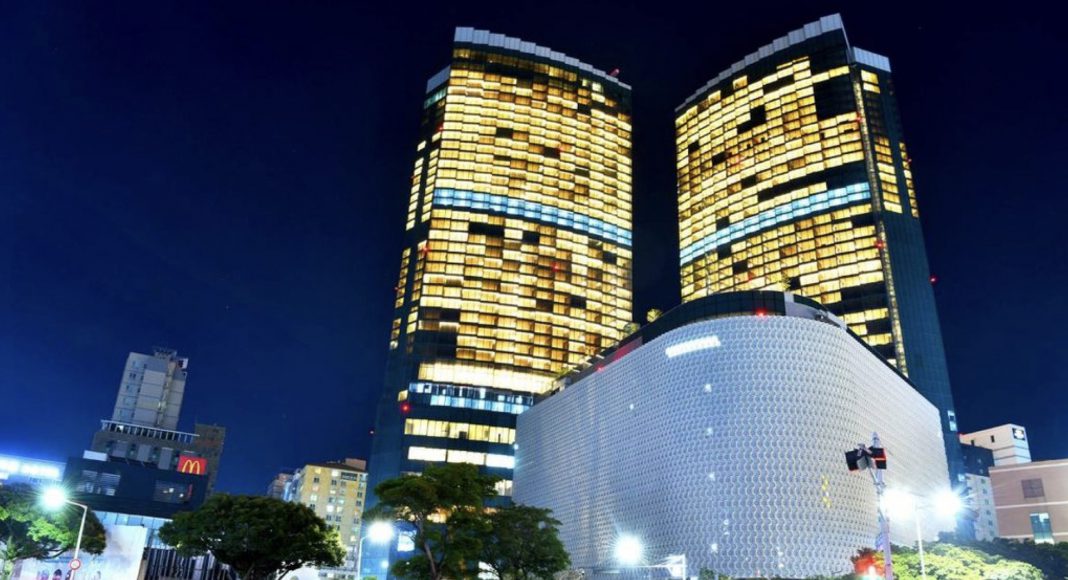In November, casino revenue at the Jeju Dream Tower resort in South Korea declined by approximately 9 percent, totaling KRW18 billion ($13.8 million). This information was reported by Lotte Tour Development Co, the resort’s operator.
According to financial data published to the South Korea Stock Exchange, Lotte Tour Development Co. Ltd. reported declines in both gaming tables and machine revenue compared to the previous month.
Table games generated revenue of KRW16.2 billion ($12.4 million) in November, marking a 12.8 percent decrease from the KRW18.5 billion ($14.2 million) generated in October. However, on a year-on-year basis, the table games revenue still recorded a five-fold increase.
Gaming machine revenue increased significantly by 45.3 percent, rising from KRW1.3 billion to KRW1.9 billion from October to November. This figure also represents a 128.7 percent increase from the previous year.
Cumulative casino revenue for the first 11 months of the year totaled KRW138.2 billion ($105.9 million), indicating a 232 percent increase from the same period last year.
Hotel sales for the first 11 months of the year amounted to KRW84.9 billion ($65 million), reflecting a 22 percent year-on-year decrease.
Jeju Dream Tower operates a foreigner-only casino that opened its doors in June 2021. According to the operator, Jeju Dream Tower is Korea’s first world-class integrated resort (IR), which is compatible with other IRs based in Las Vegas, Macau, and Singapore.
The property features 1,600 suite-size rooms, 14 restaurants and bars, an outdoor pool deck, and Sky Deck.
The island of Jeju has become one of the most popular travel destinations in South Korea due to its visa-free policy for Chinese visitors.











